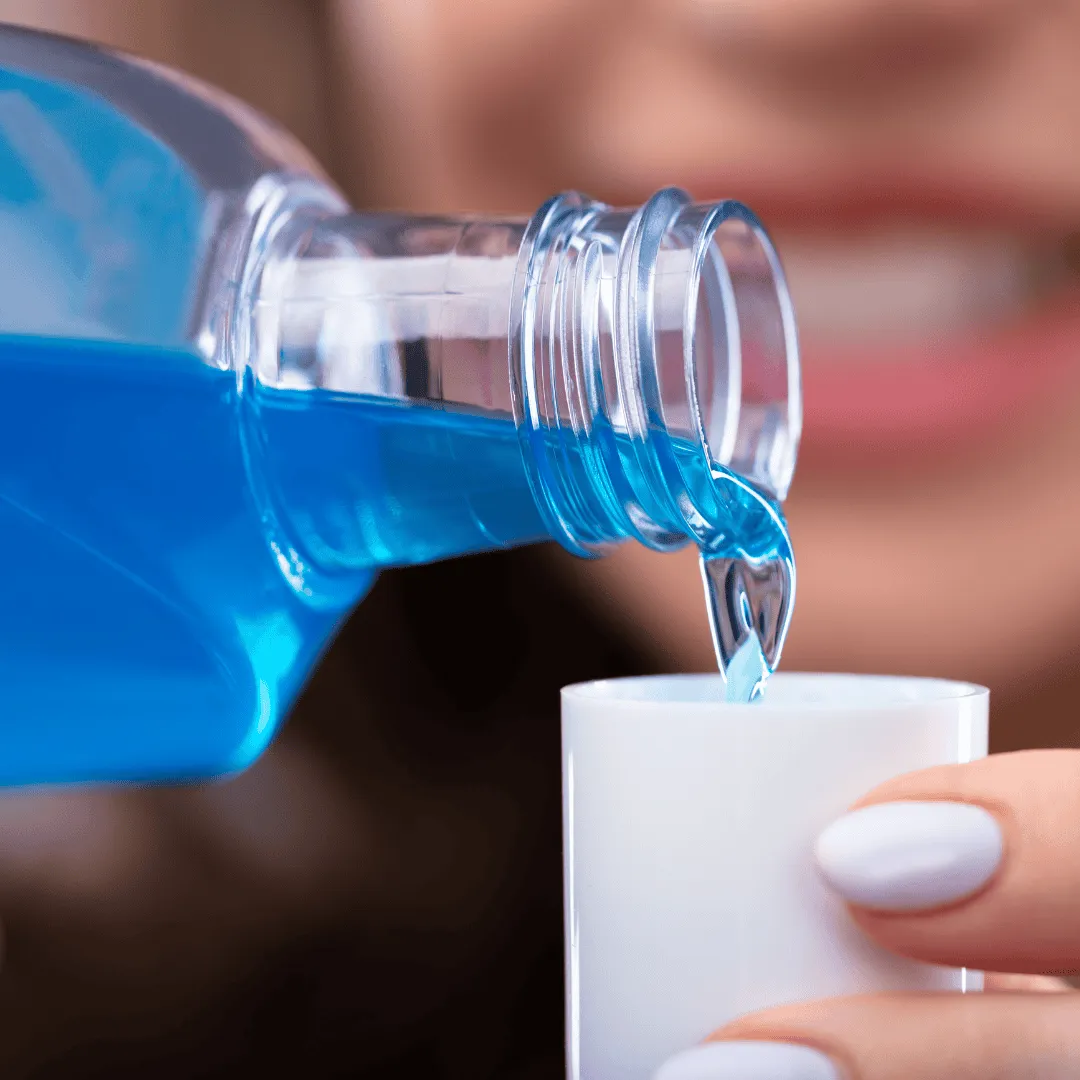Post-Oral Surgery Instructions
Caring for Dental Implants
After your dental implant is placed, you will be instructed to maintain a soft diet for 7 to 10 days. This is for your comfort and to protect your new implant while the gums heal around it. You need to chew on the opposite side from where the implant is placed. Examples of foods to consume on a soft diet include any foods you can mash up with your tongue and swallow, such as yogurt, mashed potatoes, scrambled eggs, ice cream, and soup. For a more in-depth list of suggestions of what you can eat, click the button below.
You will possibly have some stitches around your implant. If you do, they will dissolve away on their own in about 7 days and you will not have to have them removed. If they come out sooner than that, it’s ok.
If you see some blood in your mouth after your implant, it’s OK. It’s normal to see a small amount of blood in your saliva for a full 24 hours after your implant, followed by seeing it on and off for 3 to 5 days. It is a very small amount of blood, just a few drops, mixed with saliva and looks like a lot of blood. Put an old towel over your pillowcase for the first few nights, realizing this small red or pink stain may be present in your saliva.
If you have some swelling after your implant, this is normal and expected. It takes 3 days for swelling to peak, so you will possibly be the most swollen the 3rd day after your surgery. For these first 3 days use ice on your face. On the 4th day, switch to heat. The heat will help to carry away any additional swelling.
Depending on how your implant goes in on the day of surgery, you may be able to see a metal cap through the gums after the implant placement. If this is the case, this is intentional, and we placed it to save having to make an incision, at a later date, to uncover the implant. DO NOT chew on this metal top. Micro motion on that implant during the healing phase will cause failure!!!
If you cannot see the metal cap of the implant, this is OK, it just means the implant needs to be fully protected and covered by the gums as it heals. After it is fully healed and fused with the bone, we will uncover the implant to then place the metal cap.
You will also have a mouthwash that has an antibiotic in it called Peridex, Perioguard, or Chlorhexidine Mouthwash. You should use this mouthwash for 2 days before your oral surgery, morning and night, and for 10 days after. Before surgery, you can swish and rinse normally with this mouthwash.
You may have had bone graft placed around your implant. After your implant procedure where a bone graft is placed, you will be given an antibiotic for 5 to 7 days. This is to protect the graft in the initial stages of healing.

After your implant with bone grafting surgery, you should still use the special Peridex mouthwash morning and night- but do not vigorously swish with it as this can pull on or agitate the bone graft. Instead, gently tip your head side to side, let the mouthwash roll around in your mouth, lean over the sink, open your mouth and let the mouthwash fall out.
When we put bone graft in these tooth sites, we over fill the site so that we get as much bone formation as possible. Because of this, some of the small particles that are sitting on the top of the graft site will often work their way free in the first days following the procedure. They will feel like small granules of sand on your tongue. Do not be alarmed by this, as this does not mean the graft is failing or coming out, it simply means a few of the over-filled particles on the top have worked their way free. The bulk of the graft is still retained in the socket with the stitches.
Any increase in pain or swelling or foul-tasting drainage beyond the first three days after surgery is a sign of infection and you should call our office to be seen for an exam and placed on an antibiotic.
Please do not hesitate to call or reach out to our clinic if you have any questions or concerns, it is our pleasure to address all your oral surgery healthcare needs.
*Women Only: Please be aware that some of the medications you can be prescribed can interact with your birth control, causing it not to work (short-term). If you are currently on birth control, please speak with your surgeon.
Do you still have questions about your recovery?
We are here to answer any questions that you may have. Our phone line is set up with after hours attendees at all times. So give us a call if you run into any complications.
